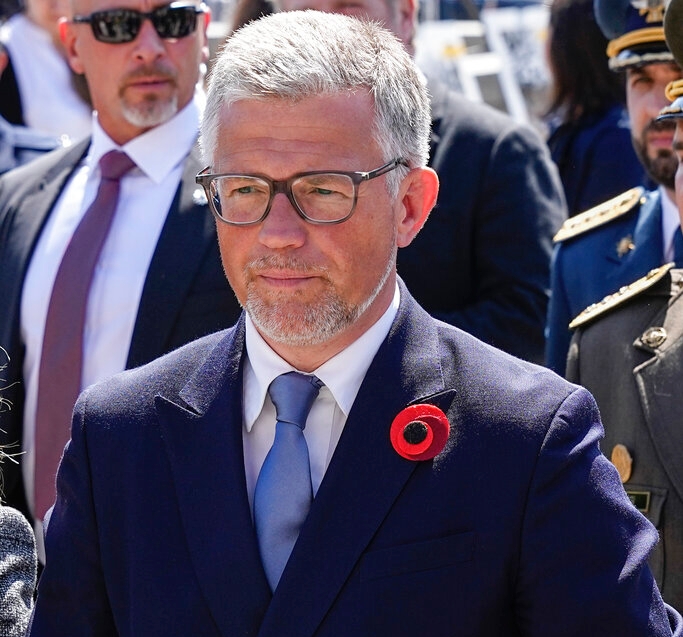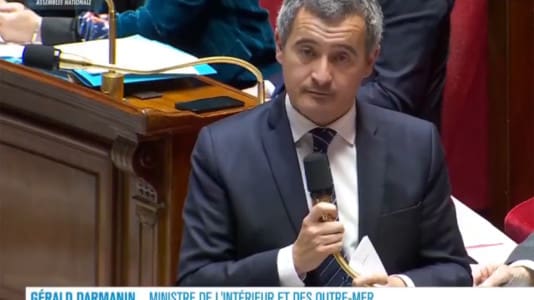Andrij Melnyk, a controversial former ambassador to Germany, was appointed as deputy foreign minister of Ukraine, and this nomination seems more to be an aim to increase internal support than to extend foreign support for Kyiv. However, is that what Ukraine needs most today?
The term “diplomat” does not really suit Melnyk. He escapes the definition of this word as most of his activity, especially after the Russian invasion on Feb. 24, cannot be deemed “diplomatic.” Melnyk does not bite his tongue, and throws statements aggressively, and sometimes blindly.
He does not avoid bold statements that insult allies. Regarding Poland, he allows himself to speak impertinently but also promotes ordinary lies about the 1943-1944 Volhynia genocide, where up to 130,000 Poles were massacred.
That is why appointing him for a new seat was so surprising for Poles, not just among the political class, but also ordinary people.
Poland does not claim any rights to furnish the cabinet of Ukrainian Prime Minister Denys Shmyhal. However, it is surprising that Ukrainian authorities have chosen to take such a reckless step. Melnyk is a ticking diplomatic bomb that could destroy the bridges that have been built for months.
Why did Kyiv decide to make this move? Did it conclude that in the time of war, it needs “warriors” in every area? Is this the answer to the conflict between Ukraine and its Western allies regarding the missiles explosion in Przewodów that killed two Poles?
I do not want to think that the Ukrainian administration reached the conclusion that relations with Poland cannot be damaged, that help from Polish government and millions of Poles is a given once and forever, because their interest is to lead to Russia’s defeat in Ukraine.
Poland’s attitude towards Russia will not change but the sympathy to leaders in Kyiv can fade — the sympathy that plays a major role in the complicated system of building support for the invaded country.
You do not need a vivid imagination to understand that President Zelensky’s statements following the tragedy in Przewodów, or nominating Melnyk, could bring about a number of personal reflections from Poles who opened their hearts so widely to Ukrainians.
Elevating a man who glorifies Nazi collaborator Stepan Bandera and whitewashes the criminals of Volhynia is an extremely risky move. When Polish President Andrzej Duda says that those are “sovereign decisions taken by Ukrainian authorities,” he climbs to the peaks of diplomacy inaccessible to people such as Melnyk. Simultaneously, Duda gives a lesson to partners from the East on how to control one’s temper in a situation of tension and how to “do foreign policy.”
Yes, a country that was invaded can do more and deserves to be forgiven more, but it also needs to know that it cannot afford to slap its biggest ally’s cheek. Assuming Ukraine’s perspective, it can be said that it cannot not afford such mistakes.





